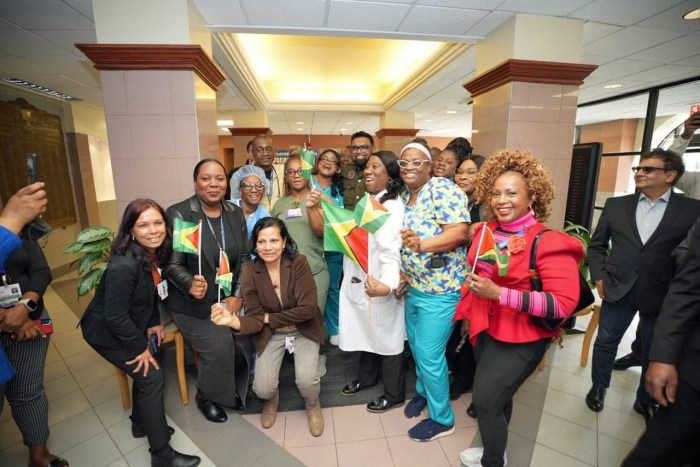A new study shows that support from friends and family may be the best protection from suicide and self-harm for lesbian, gay, bisexual and transgender (LGBT) youth.
The study, conducted by Northwestern University researchers and published in the American Journal of Preventive Medicine, is the first of its type to look at thoughts of hopelessness, HIV-risk behaviors, and suicide, among LGBT youth. The study determined the importance of support for LGBT youth from friends and family in minimizing these negative thoughts and actions.
For more than two years, researchers regularly interviewed 246 sexual minority youths, ages 16 – 20, about various health risk factors and behaviors. Up to now, similar research among LGBT populations have been done with adults.
The findings show that LGBT youth who are verbally or physically victimized for being gay and who have poor social support are more likely to self-harm or consider suicide. The study showed that each episode of victimization increased HIV-risk behaviors by 2 1/2 times.
On the other hand, LGBT adolescents who know they can talk to their parents about problems and know they have friends who care about them are less likely to consider ending their lives, according to the study.
“When LGBT’s are victimized they are at higher risk of suicidality and self harm, and when they are supported that risk goes way down,” said Lou Bigelow, a director of the LGBT Health & Development program, IMPACT.
Suicide is the third leading cause of death among all youth. LGBT youth are at least twice as likely to attempt suicide than heterosexual youth.
Other studies show LGBT youth face greater pressures and are more socially isolated than heterosexual youth. In one study, 94 percent of LGBT youth were shown to have had at least one experience in which people said cruel things to them, spit on them, destroyed their property and threatened or assaulted them for being gay.
“Our research shows how critical it is for these young people to have social support and for schools to have programs to reduce bullying,” said Brian Mustanski, Ph.D., who is a professor of medical social sciences at Northwestern University and lead researcher of the study.
Dr. Mustanski’s team of researchers added that there are ways to be supportive of LGBT youth.
When a child comes out to parents, a good reaction is one of acceptance instead of judgment, noted Dr. Mustanski, who is also a clinical psychologist. “This lets teens know their parents are approachable for support and are unconditional in their love,” he said.
“An example of an accepting response is, ‘You are still the same child as you were before you told me, and I love you just the same.’ We believe this will help save young lives,” said Dr. Mustanski.
Parents also should be aware that they play an important role in helping to prevent their child from being bullied and in promoting their child’s mental and physical health. As with all children, it’s important for parents of gay teens to monitor and teach them about safer sex to avoid HIV/AIDS Mustanski added.
Dr. Mustanski also recommended organizations that help educate and provide support for friends and family of LGBT youth. These include the Parents, Families, & Friends of Lesbians and Gays (pflag.org), which offers programs to teach parents and friends how to be supportive of their gay children and peers. In addition, there is the Safe Schools Coalition (safeschoolscoalition.org) and Gay Straight Alliance Network (gsanetwork.org) which work to create safe and supportive environments for LGBT youth in schools.
The religious climate surrounding LGB youth can be detrimental or beneficial to health, according to a recent study. Published in the American Journal of Public Health, the study examined risk factors these children develop from living in a climate of religious acceptance or condemnation.
The study surveyed 1413 lesbian, gay, and bisexual (LGB) youths participating in the Oregon Healthy Teens survey. Religious climate was divided into denominational groups to reflect the religious composition of the communities where the children lived.
The study showed that LGB youth living in a religious environment of intolerance were more likely to abuse alcohol and have more sexual partners. Conversely, LGB children living in a more supportive religious climate exhibited fewer health risk behaviors, indicating that religion can also be protective for LGB youth.

























